Where to Begin with Star Trek: The Original Series
Discover the 5 best episodes of Star Trek: The Original Series for new viewers. From “Balance of Terror” to “Mirror, Mirror,” these stories showcase the brilliance of the Enterprise crew.
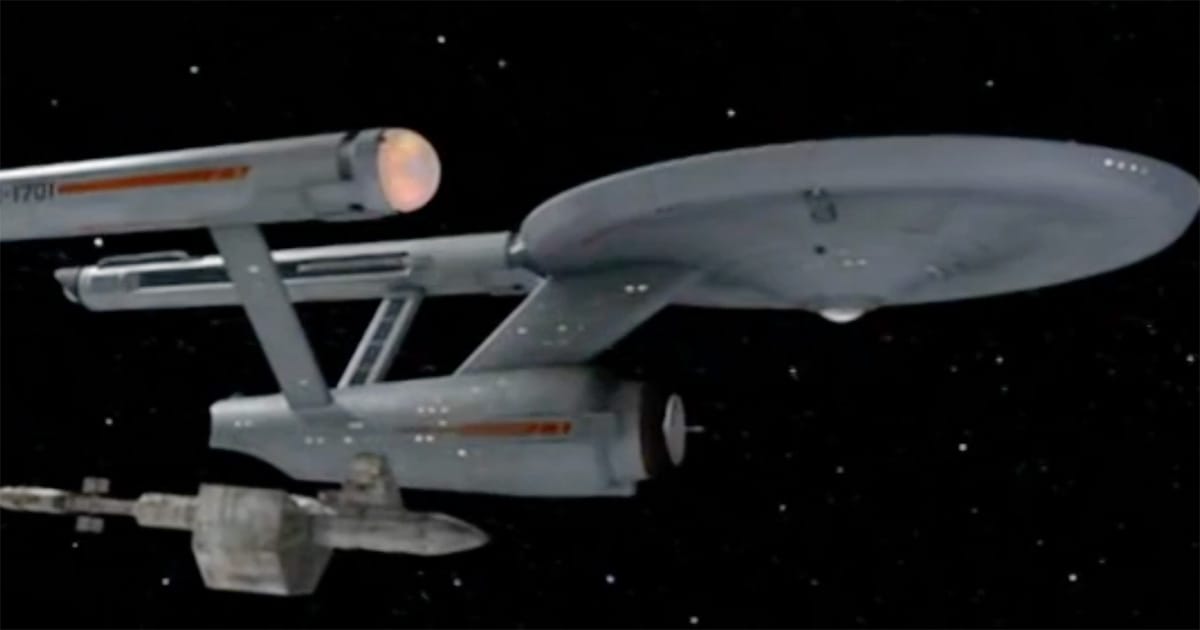
Few shows have cast as long a shadow over science fiction as "Star Trek: The Original Series." Launched in 1966, it promised a hopeful future at a time when the world was struggling with war, unrest, and uncertainty.
At its best, the series delivered moral clarity wrapped in thrilling adventure, with Captain Kirk, Mr. Spock, and Dr. McCoy leading a crew that became as familiar to audiences as any on television.
Yet, the sheer number of episodes can be daunting for newcomers. Some installments dazzle with inventive ideas and deep emotion, while others lean heavily into pulp conventions of the era.
For a viewer taking their first step aboard the Enterprise, it helps to have a charted course. These five episodes provide that pathway, offering a concentrated look at what made the show endure. They present gripping drama, imaginative storytelling, and the moral vision that still resonates after more than half a century.
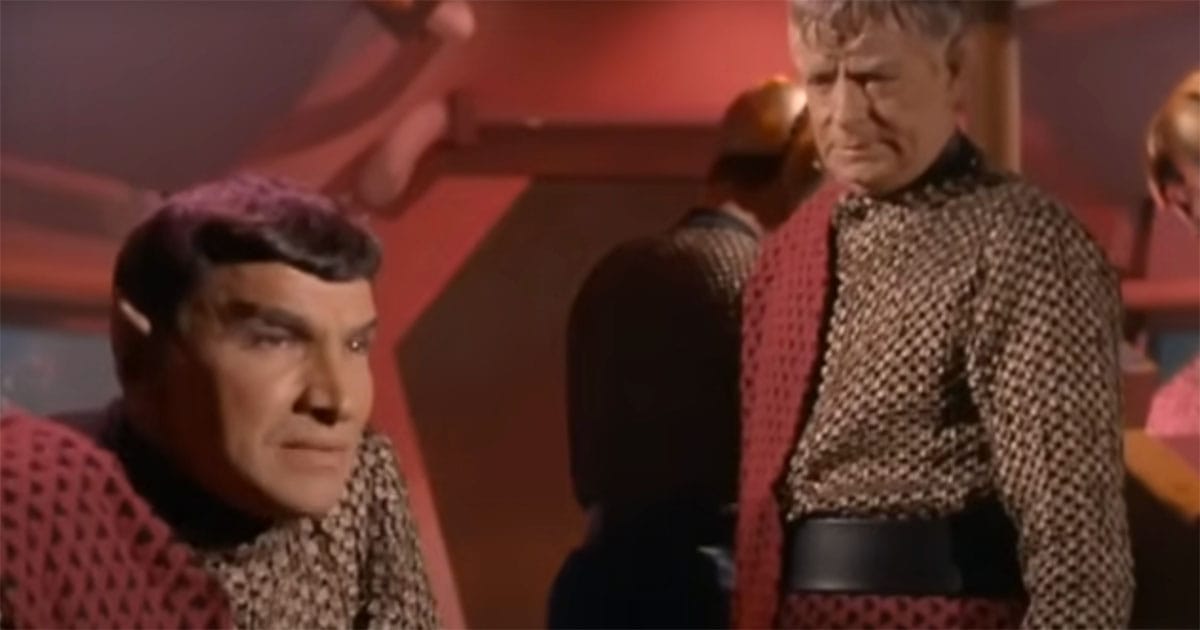
“Balance of Terror” — Cold War in Space
If a viewer only watches one episode of "The Original Series," this may be the one. The Enterprise confronts a Romulan Bird-of-Prey in a tense strategic duel that recalls classic submarine films of the era.
The story is both action and allegory, with the Federation and the Romulans locked in a conflict that echoes the nuclear standoff of the 1960s. Captain Kirk faces the burden of command with clarity, while his Romulan counterpart is drawn with surprising dignity. The result is a lesson in honor, restraint, and the terrible cost of war.
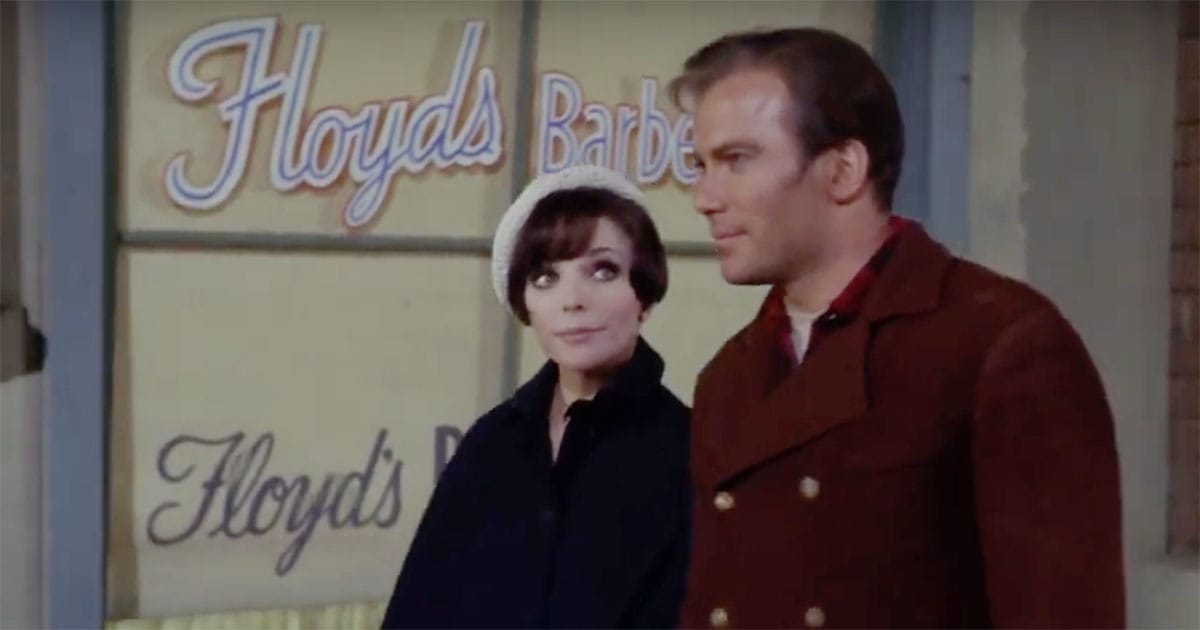
“The City on the Edge of Forever” — Love and Duty Across Time
This episode is often referred to as the crown jewel of the series. When Dr. McCoy accidentally alters history through a time portal, Kirk and Spock must repair the damage.
Kirk falls in love with Edith Keeler, a woman whose survival would doom humanity’s future. The story moves with the inevitability of Greek tragedy, testing Kirk’s ability to put duty above his heart. It remains one of the finest hours of the franchise and a benchmark in science fiction storytelling.
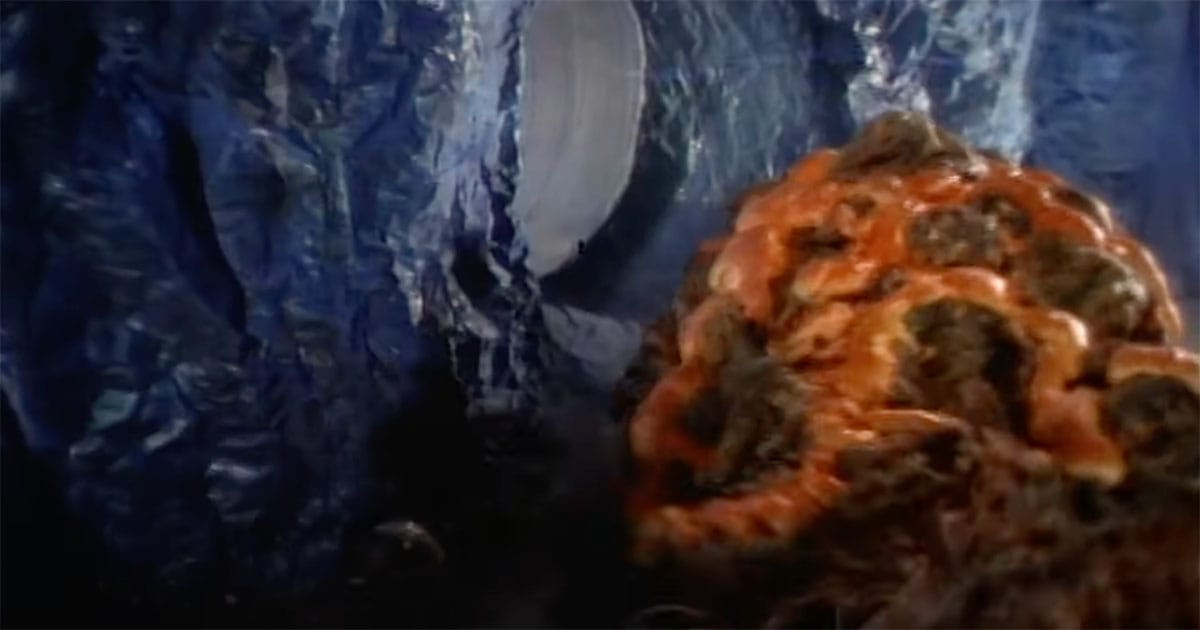
“The Devil in the Dark” — The Alien That Wasn’t a Monster
On a mining colony plagued by mysterious killings, the Enterprise crew believes they are hunting a murderous beast. The truth is far more complex.
The Horta, a silicon-based lifeform, is protecting its young from destruction. Spock’s mind meld with the creature transforms the episode into one of Star Trek’s defining parables about fear, misunderstanding, and compassion. “The Devil in the Dark” distills the central lesson of the series. It seeks understanding before judgment.
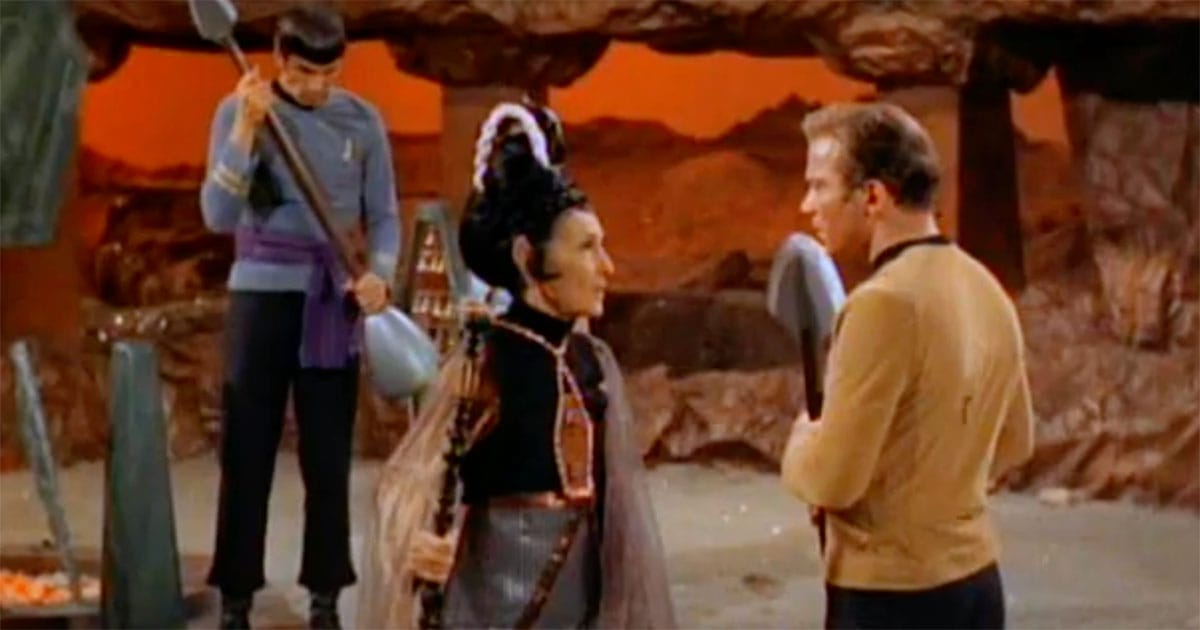
“Amok Time” — Vulcan Tradition Meets Starfleet Duty
Spock enters a state of blood fever that forces him to return to Vulcan. What follows is a ritual challenge that pits him against Kirk in combat to the death.
The episode expands Vulcan culture beyond logic, revealing ancient traditions and personal struggles. At the same time, it shows the bonds of loyalty and sacrifice that define the Enterprise crew.
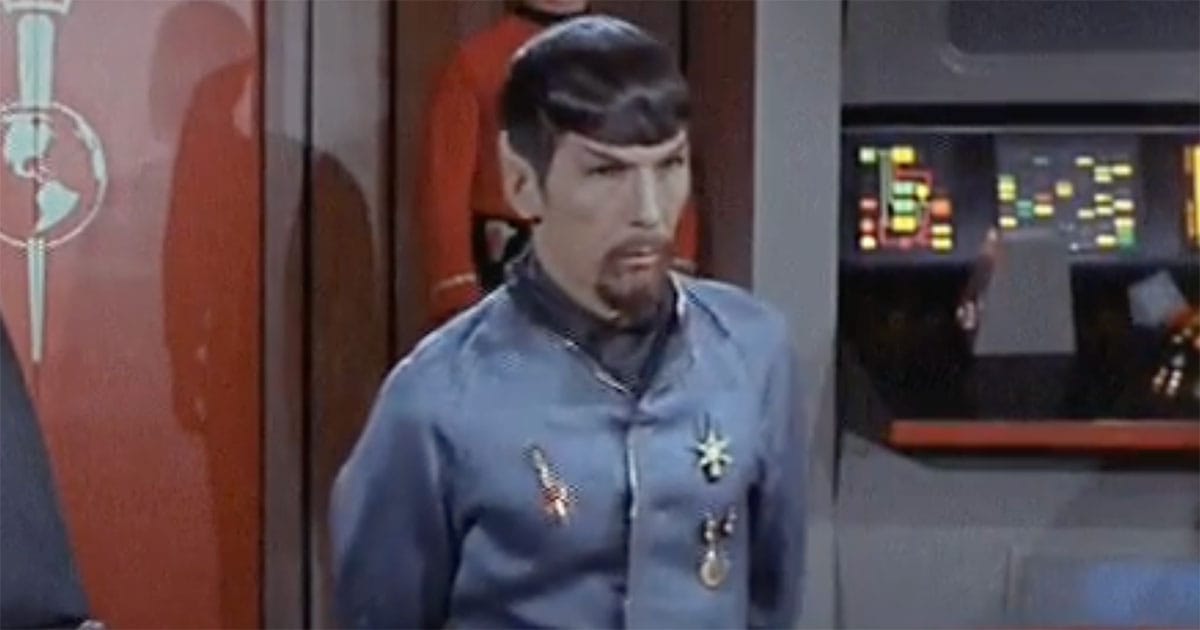
“Mirror, Mirror” — The Enterprise Reversed
A transporter accident thrusts Kirk, McCoy, Scotty, and Uhura into a parallel universe where the Federation is replaced by a brutal empire. The familiar crew becomes darker reflections of themselves, with Spock wearing a goatee that has since become a pop culture shorthand for evil doubles.
The episode explores what happens when ideals collapse and raw power rules. It proves the durability of Star Trek’s moral framework by showing the stark difference when that framework is absent.
Why These Five Still Define the Enterprise
Taken together, these five episodes reveal the wide reach of "Star Trek: The Original Series." They move from tense combat to tragic romance, from misunderstood aliens to ritual combat, and into the unsettling world of moral inversion. Each story is distinct, yet all reflect the same Federation spirit that values courage, compassion, and reason.
For a new viewer, this handful of episodes forms a complete introduction to the Enterprise and her crew. They show Kirk at his best as a leader, Spock at his most conflicted as a Vulcan torn between logic and passion, and McCoy at his most human as a voice of conscience. More than that, they show why the series still matters. "Star Trek" is remembered not only for its colorful adventures but also for its belief that humanity can rise above its flaws. That message, clear in these five stories, is as important today as it was in 1966.

